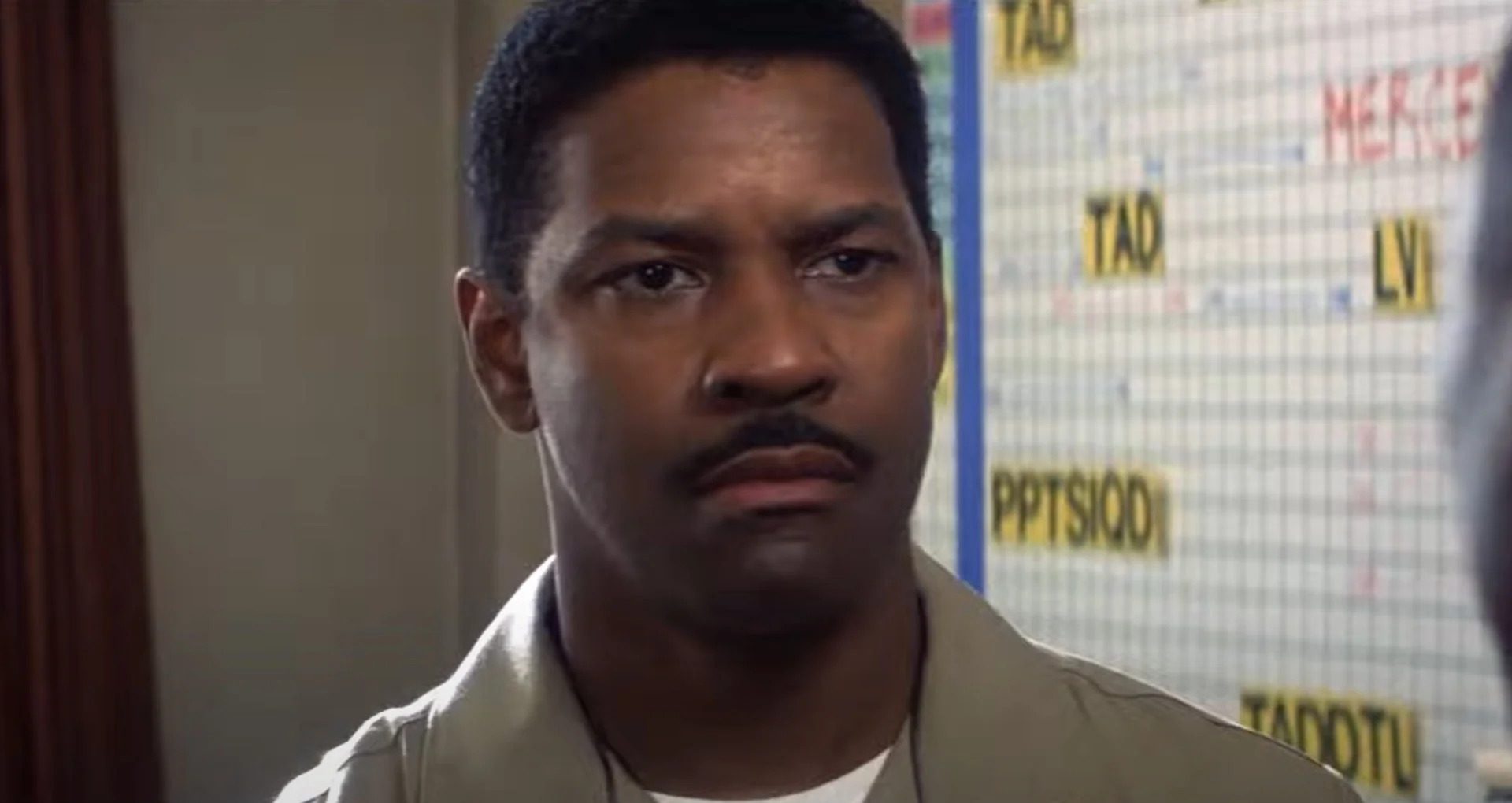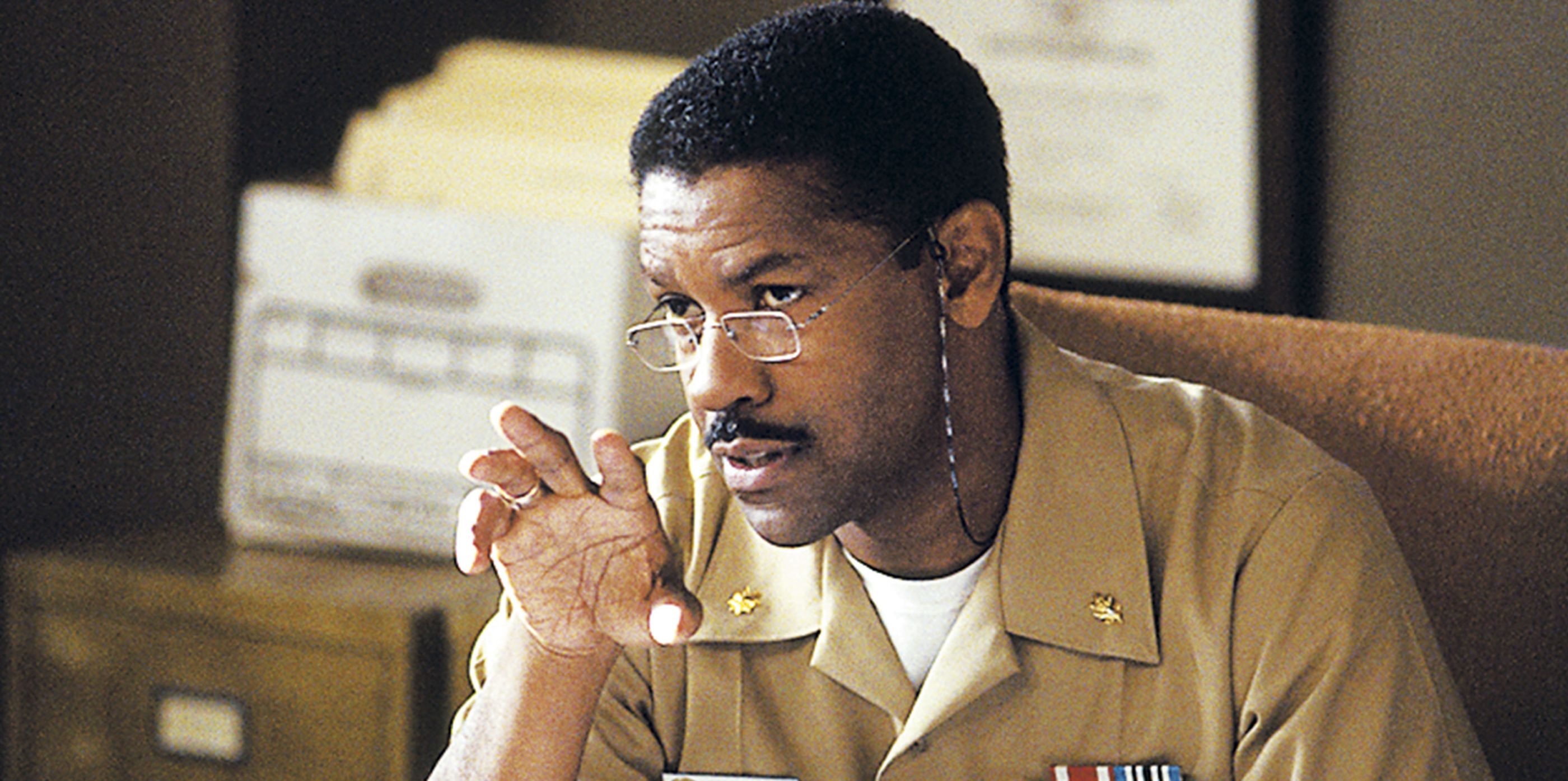Mental health professionals play an indispensable role in the lives of individuals facing psychological challenges, providing a crucial support system and fostering the potential for transformative change. These dedicated practitioners navigate the complexes of the human mind, offering therapeutic interventions that extend beyond the clinical setting to become profound chapters in the stories of those seeking healing.
In the Denzel Washington directorial, ‘Antwone Fisher,’ Dr. Jerome Davenport emerges as one such important character, and Denzel Washington’s portrayal of Dr. Davenport not only garnered acclaim and awards but also underscored the importance of psychiatrists in facilitating personal growth and healing. Given the authenticity of Antwone Fisher’s story, it prompts curiosity about the real-life counterpart of the psychiatrist depicted in the 2002 film, so let us look into him.
The Real-Life Inspiration Behind Dr. Jerome Davenport
The character of Dr. Jerome Davenport in ‘Antwone Fisher’ is inspired by a real psychiatrist named Lt. Commander Williams. Antwone Fisher’s early life had been marked by profound hardships, including experiences of abuse, the unkindness of foster parents, feelings of abandonment, and even grappling with homelessness. However, a pivotal turning point emerged when Antwone joined the US Navy. It was within the ranks of the Navy that his need for a psychiatrist was realized, and he encountered Lt. Williams, unknowingly embarking on a transformative journey of healing.

Lt. Williams, much like the cinematic portrayal by Denzel Washington, became a beacon of support for Antwone Fisher, guiding him through the process of introspection and emotional resilience. In his book, Antwone Fisher recounted that Lt. Williams’ office was situated in an office building at Pearl Harbour’s submarine base on the Island of Ohio. Fisher, initially entering their meetings with modest expectations, perceived them as a perfunctory formality. However, Lt. Williams, a middle-aged Black man adorned with spectacles, exhibited the wear and tear of extensive Navy service. Contrary to Fisher’s initial reservations, Lt. Williams emerged as a compassionate mentor.
In his memoir ‘Finding Fish,’ Antwone Fisher revealed the elements that initially drew him to Lt. Commander Williams. One notable aspect was Lt. Williams’ distinctive dressing style, resembling that of an absent-minded professor —underscoring a focus on substance over appearances. Fisher was intrigued by the Commander’s seemingly indifferent attitude toward his outer presentation and wrote, “his ill-fitting khaki slacks bunched up in his butt and his white doctor’s smock too short in length and in the sleeves.” Additionally, Fisher highlighted that Lt. Williams surpassed his expectations, portraying a demeanor far more serious and cool-headed than anticipated. Despite initial reservations, Fisher started warming up to the Commander.
Antwone Fisher initiated heartfelt conversations with Lt. Williams, revealing the painful chapters of his life, including the shooting of his father and his mother giving birth to him while in prison. As their discussions unfolded, Fisher shared the challenges he faced with foster parents, delving into the emotional burdens of his past, and also opened up about the emotional, physical, and sexual abuse he had suffered through those years. In a transformative turn, Lt. Williams emerged as a catalyst for Fisher’s healing journey. Encouraging him to revisit and confront his history, Lt. Williams played a crucial role in prompting Fisher to seek closure for the first time.
Where is Lt. Commander Williams Now?
Antwone Fisher and Lt. Commander Williams forged a relationship that transcended the bounds of duty. Fisher acknowledged that the detailed therapy initiated by Lt. Commander went beyond the conventional mechanisms of the Navy. Their connection extended beyond formal settings, with occasional informal meetings sustaining the therapeutic work in a distinct capacity. This unique collaboration persisted for two years. In his book, Fisher wrote, “Since the navy didn’t authorize him to offer ongoing therapy of this kind, he could only see me officially for one more visit. After that, we met unofficially and sporadically – for walks, coffee, or in the bleachers at a local ball field.”
He added, “Telling my story over a period of almost two years, in this fashion, sometimes with long stretches out at sea in between our talks, I had time to release my anger, slowly and constructively.” Following Fisher’s release from the Navy, he undertook a profound personal journey, successfully locating his aunt and reconnecting with his mother. Fisher has openly credited Lt. Williams for his significant role in this chapter of his life, expressing deep gratitude for the healing and guidance he received during their impactful therapeutic alliance. Not much is known about Lt. Williams since then, but his work is still resounding throughout the world through Fisher’s story.
Read More: Is Cheryl Smolley Based on Antwone Fisher’s Real Girlfriend? Did He Marry Her?


You must be logged in to post a comment.